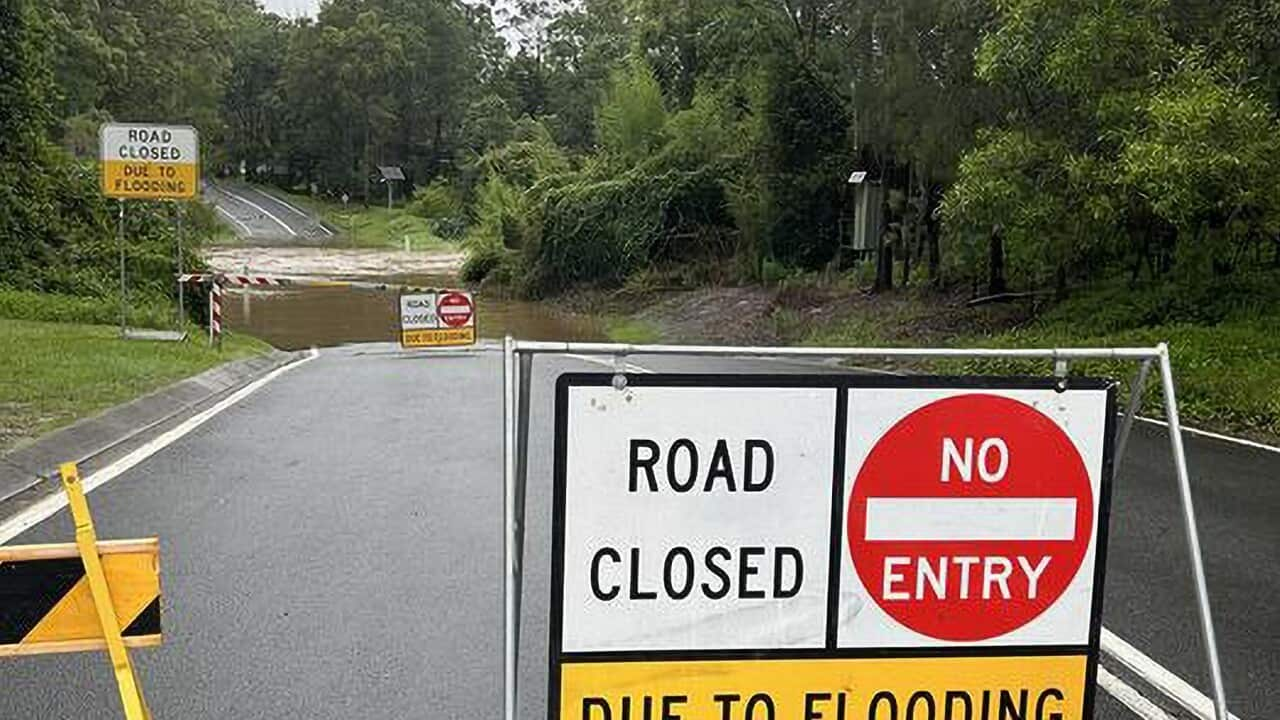A Yogyakarta-based visual artist, Rangga Purbaya, uses his work to scream out the issue of the 1965 political unrest in Indonesia.
With his background in photography, Rangga - whose family is deeply impacted by the bloody event - has since 2014 focused on this issue after previously pursuing a career as a professional photographer.

Rangga Purbaya, Indonesian visual artist interested in history and the discourse of the 1965 political genocide in Indonesia. Credit: Supplied/Rangga Purbaya

Exhibition of Rangga Purbaya at the Asia Culture Center, Gwangju, South Korea, 2019. Credit: Supplied/Rangga Purbaya
Rangga said that because of the involvement in the left-wing parties at the time, his maternal grandparents had been detained. Meanwhile, his paternal grandfather was arrested and never returned home.
My grandfather went missing in '65. He was arrested and never came back home.Rangga Purbaya - Visual artist
Speaking to SBS Indonesian, Rangga shared how his personal and family journey on the trauma of the 1965 tragedy has built his artworks, and his hopes for reconciliation.
Rangga Purbaya is scheduled to give a public lecture regarding his career and work on 25 May at the University of Melbourne.
Listen to
every Monday, Wednesday, Friday, and Sunday at 3 pm.
Follow us on



